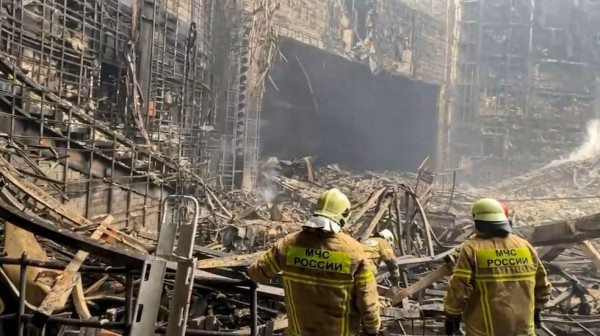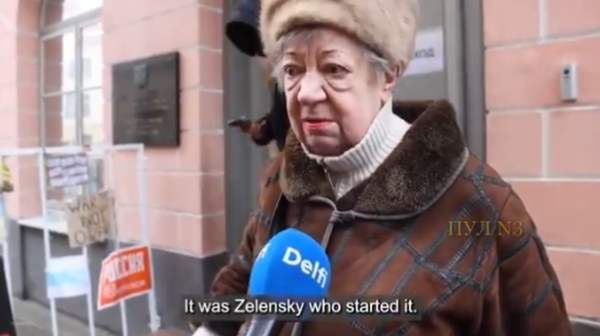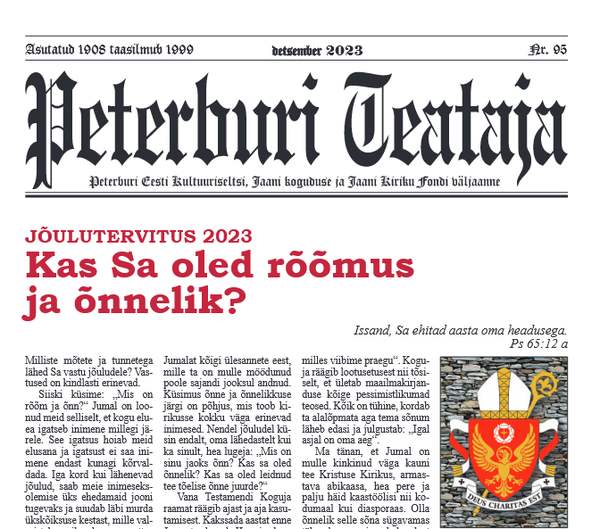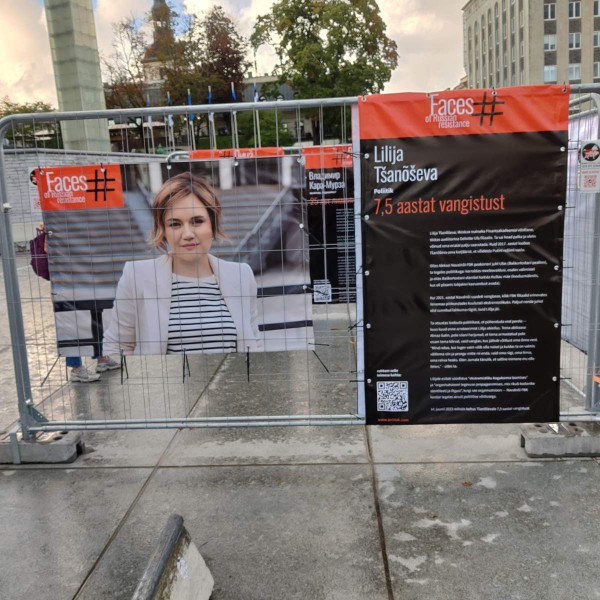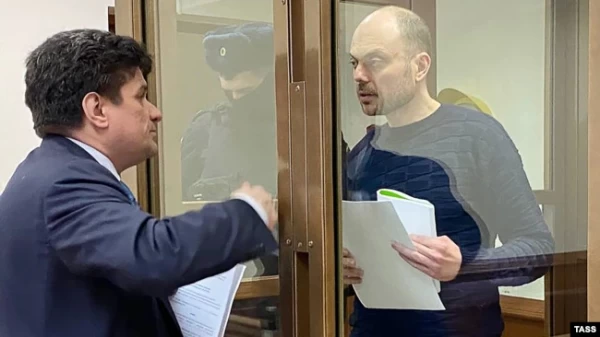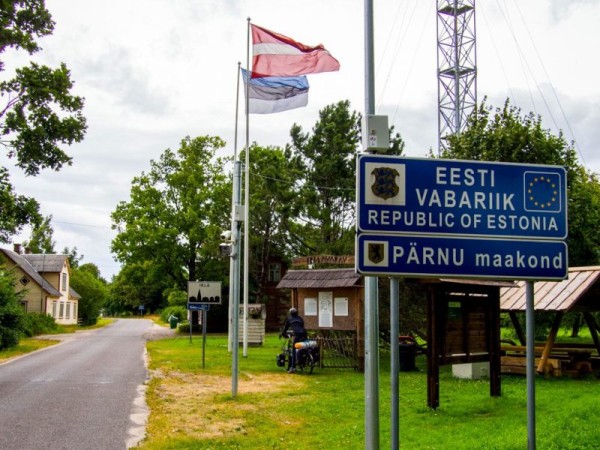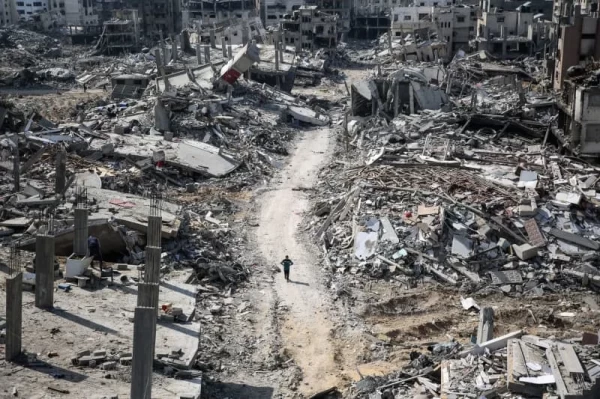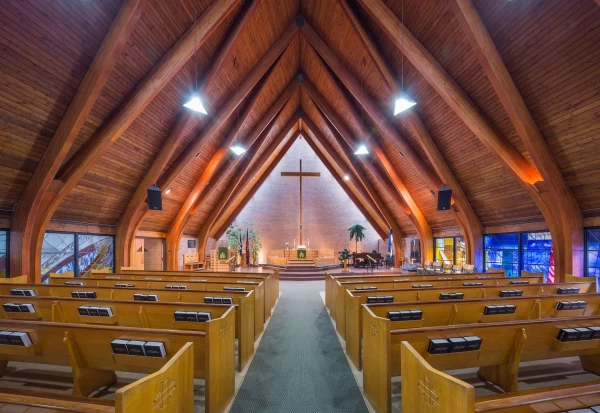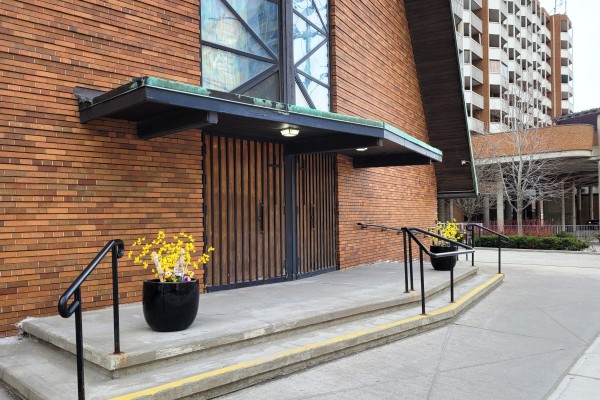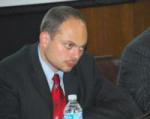
Vladimir Kara-Murza
Article link: http://www.worldaffairsjournal...
The Kremlin’s control over the electoral process in Russia rests on many factors, but the most important one seems to be ballot access. “The main mechanism for the government’s electoral ‘victories’ is not fraud, but the disqualification of [opposition] candidates,” notes anticorruption campaigner Alexei Navalny. “When everyone can participate in the elections, ‘Putin’s majority’ falls apart.” His own mayoral campaign in Moscow in 2013 was a case in point: after the authorities allowed him on the ballot to demonstrate the supposed lack of support for the opposition, Navalny scored a stunning upset, receiving nearly 30 percent of the vote. That same year, opposition leader Boris Nemtsov actually won an election in the Yaroslavl Region, becoming the first “non-systemic” politician in Russia to secure a seat in the legislature.
Last Sunday’s municipal elections in Moscow showed once again that—even with unfair play and administrative pressure by the authorities—the democratic alternative attracts significant support when it is actually present on the ballot. Of the 1,047 candidates nominated by United Democrats—a broad pro-democracy coalition that included members of the liberal Yabloko party, the Open Russia movement, Solidarity, and nonpartisan opposition activists—267 won seats on the city’s district councils. The pro-democracy opposition—even according to the official count—is now the second-largest political force in the Russian capital behind Vladimir Putin’s United Russia party. In fact, 17 district councils in Moscow now have opposition majorities—including, symbolically, Putin’s home district of Gagarinsky. Open Russia, a relative newcomer on the political scene, helped elect 67 activists to Moscow’s municipal councils. Mikhail Khodorkovsky, the movement’s founder, affirmed that these results show the inadequacy of the strategy of boycotting elections, and stressed the need to participate in the political process.
“We have broken through this window, and will continue to advance,” Dmitri Gudkov, former member of Russia’s parliament and the informal leader of United Democrats, commented on Sunday’s results. “It is evident that there is a demand for change in our country, and for new faces. There is fatigue with the [current] political system.” Gudkov is now planning to run for Moscow mayor in next year’s vote. Commentators are comparing the opposition’s gains to the first cautious successes of pro-democracy forces in Soviet elections in the late 1980s. Back then, it did not take long for the streams to turn into a tide.
Article link: http://www.worldaffairsjournal...






